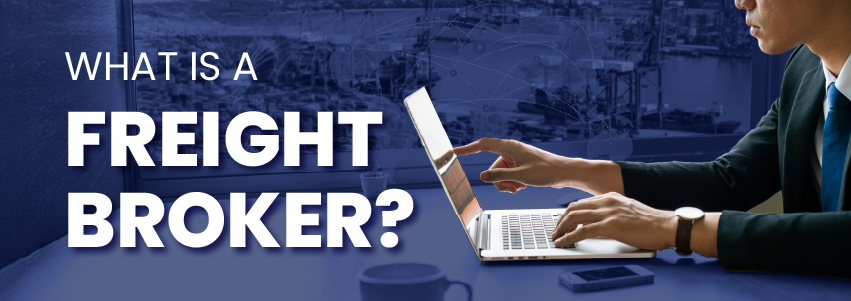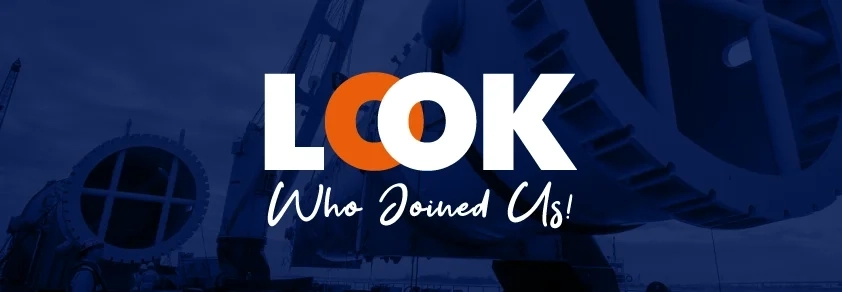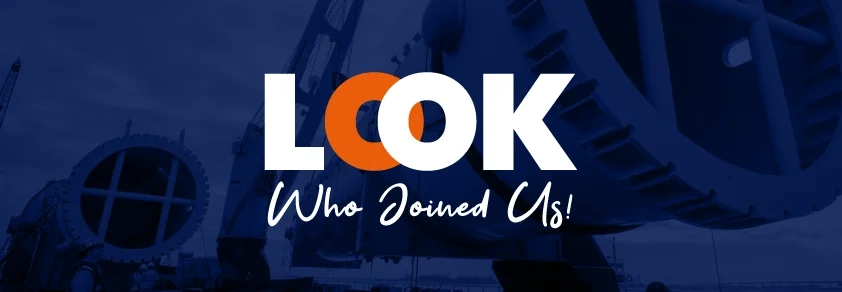What is a Freight Broker?
Table of Contents
Freight brokers are vital links between shippers and carriers in the always-changing world of logistics. If you work in the logistics sector, you might be curious about what a freight broker is and how they vary from other logistics experts such as freight forwarders or freight agents. This resource will lead you through the main duties, comparisons, benefits, requirements, and licensing processes involved in becoming a freight broker—and show how international networks such as OPCA enable worldwide logistics solutions.
What Do Freight Brokers Do?
A regulated intermediary identified as a freight broker links businesses needing to ship products with carriers capable of performing that. Unlike a shipper or carrier, a freight broker guarantees a seamless operation and facilitates the transaction; they neither own the items being transported nor the trucks operating them.
Their daily responsibilities could be communicating with shippers and knowing their transportation needs; identifying appropriate carriers using load boards or a personal carrier network; negotiating competitive freight rates; ensuring compliance with federal and international shipping laws; tracking shipments and resolving problems, including delays or damages; and handling required documentation, including bills of lading and goods invoices.
Strong ties between shippers and carriers enable goods to be moved effectively and reasonably across domestic and international markets; therefore, freight brokers help to guarantee this.
Freight Broker vs Freight Forwarder
Though their professions seem to be identical, freight forwarders and freight brokers have quite different purposes.
Mostly concentrating on the transportation element without assuming responsibility for the cargo, a freight broker links shippers and carriers to arrange transportation.
On the other hand, a freight forwarder sometimes offers a wider spectrum of services. Among these might be:
- Warehousing and storage
- Cargo consolidation
- Customs clearance and documentation
- Insurance arrangement
- Door-to-door international delivery
Freight forwarders could take ownership and liability for the shipment, unlike brokers. Usually engaged in international freight operations, they are the first choice for difficult, multi-leg shipments.
For example, many United States freight forwarders are part of trusted logistics networks and provide tailored support for international and project cargo shipments. Their services often go beyond matching carriers—they manage the full logistics chain.
Freight Broker vs Freight Agent
The difference between a freight broker and a freight agent lies in licensing, authority, and legal responsibility.
Working under the direction of a licensed goods broker, a goods agent is Instead of having a goods broker license or bond, they get paid a commission for matching shipments. Many times, freight agents work as independent contractors or self-employed individuals. Their priorities are sales and developing rapport with shippers or carriers; the broker handles legal and regulatory obligations.
By contrast, a freight broker has to keep a surety bond and satisfy federal licensing requirements. Managing the logistics process and guaranteeing that all policies and documents are followed falls legally on them.
Why Use a Freight Broker?
For businesses of all kinds, working with a freight broker has many advantages. Freight brokers offer whether you need everyday transportation options or shipping occasionally.
- Cost Efficiency: Brokers hunt reasonable rates by negotiating with several carriers.
- Time Savings: They handle carrier choice as well as delivery tracking, therefore managing the whole shipping procedure.
- Access to Carrier Networks: Freight brokers typically have hundreds or thousands of carriers spread over several areas at their reach.
- Risk Management: Brokers handle documentation, insurance alternatives, and regulatory compliance.
- Flexibility and Scalability: They provide customized solutions regardless of your weekly load count—one pallet a month or hundreds of pallets.
The best freight broker is one who is responsive in communication, has access to the correct tools, and knows your sector. Creating close relationships with seasoned brokers gives many companies long-term value.
When Do You Need a Freight Broker?
In several situations, including these, you can find yourself working with a freight broker:
- Shipping to unfamiliar locations: Particularly in cases lacking current carrier contacts in the area.
- Handling urgent or last-minute loads: Brokers can quickly find suitable trucks to avoid shipment delays.
- Managing seasonal demand: Brokers assist in finding extra capacity during busy times.
- Lacking internal logistics staff: Outsourcing to a goods broker is less expensive than hiring full-time labor.
- Dealing with specialized equipment needs, such as flatbeds, reefers, or heavy haul trucks.
When handling complicated or high-risk cargo, when coordination, skill, and oversight count most, brokers are particularly helpful.
What Types of Freight Brokers Are There?
Freight brokers might focus on several areas, depending on the sectors they assist and the means of transportation they provide. Typical varieties are:
- Dry Van Brokers: Focused on packaged products' standard trailers.
- Refrigerated (Reefer) Brokers: Handling temperature-sensitive shipments like food or pharmaceuticals.
- Flatbed Brokers: Managing equipment or oversized cargo that requires open trailers.
- Heavy Haul/Project Cargo Brokers: Dealing with large, heavy, or complex cargo like machinery or turbines.
- Intermodal Brokers: Coordinating rail, truck, and sea transport for seamless shipping.
- International Freight Brokers: Focusing on cross-border or overseas shipments.
Offering special insight and equipment knowledge, some brokers also specialize by sector—such as agricultural products, automobile parts, or building supplies.
How to Become a Freight Broker?
Starting your freight broker company requires both legal and educational phases. Here's the way you may become a freight broker:
- Gain industry knowledge: You might start your career as a freight agent first or complete official courses in freight brokering online or in person.
- Register Your Business: Choose a business name, register your legal entity, and get a tax ID (EIN).
- Apply for Broker Authority: Submit an application to the Federal Motor Carrier Safety Administration (FMCSA) to get your Motor Carrier (MC) Number.
- Obtain a Surety Bond or Trust Fund: You must secure a $75,000 bond (BMC-84) or trust fund (BMC-85).
- File a BOC-3 Form: This designates process agents in each U.S. state.
- Set Up Operations: Invest in a computer, phone, transportation management software, and load board subscriptions.
- Develop a Carrier Network: Build relationships with reliable, vetted trucking companies.
What Are the Freight Broker Requirements?
To legally operate as a freight broker, you must meet certain licensing requirements for freight brokers as mandated by the FMCSA. These include:
- A legal business entity (LLC, Corporation, or Sole Proprietorship)
- Employer Identification Number (EIN) from the IRS
- FMCSA registration and issuance of a Motor Carrier (MC) Number
- A $75,000 surety bond or trust fund
- BOC-3 filing for process agent designation
- Freight broker license approval from the FMCSA
Although services employed will affect the cost of the goods broker license, usually it varies from $3,000 to $5,000. This amount covers software, training, bond premiums, and registration fees. Although it's not required, getting freight broker certification via approved programs is highly recommended to enhance your reputation.
Work with Trusted Brokers Through OPCA Network
Whether you are handling specialist shipments or project cargo, you really should be working with seasoned experts. This group consists of a global network of reliable international freight forwarders and freight brokers who are committed to delivering exceptional logistics services. From heavy lift to multimodal transportation options, OPCA members provide specialized services supported by industry knowledge and worldwide coordination.
_logo.webp)



